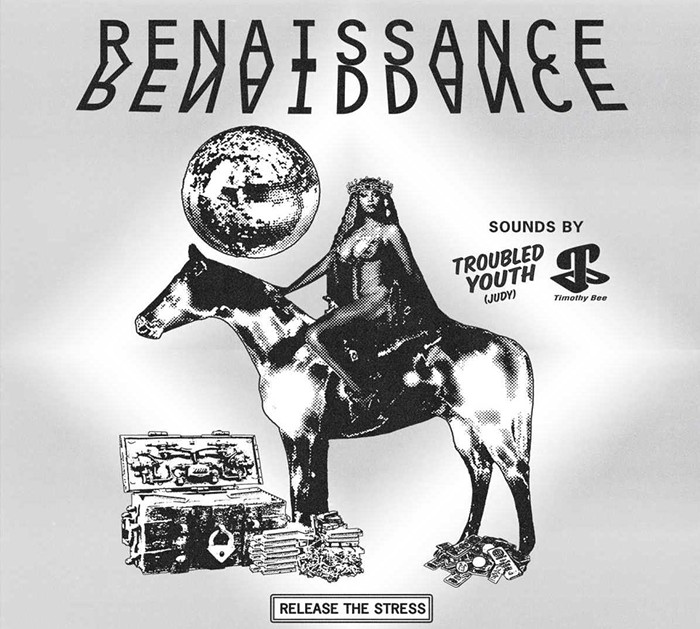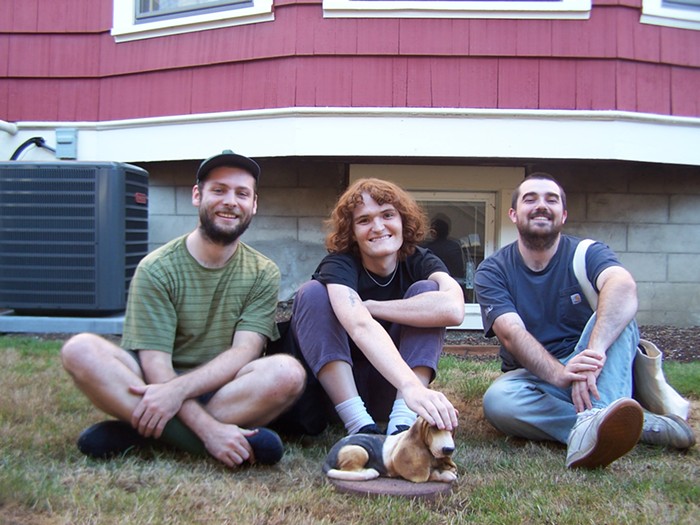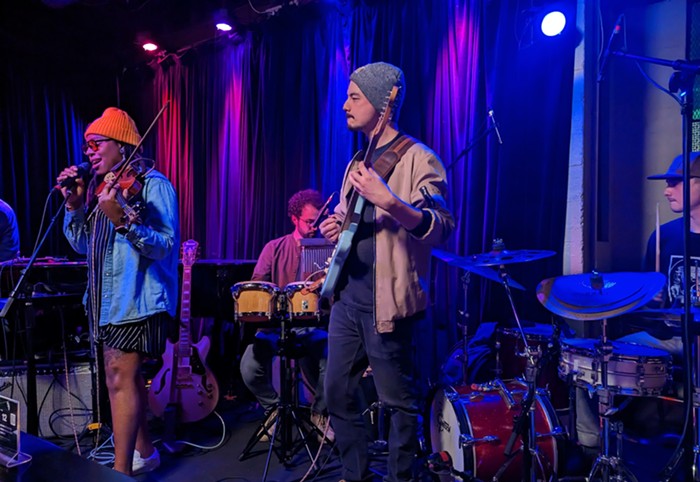APPARENTLY THERE is a dark side to San Diego, a city that for outsiders brings to mind flip-flopped denizens walking streets that are perpetually bathed in sunlight as reggae seeps through their earbuds.Sounds utopian, right?
"I'm not particularly fond of that culture or subculture," says Charles Rowell, San Diego resident and half of noise-pop duo Crocodiles. "Which is why we are who we are."
Music journalists already know who they are. Over the past two years Rowell and fellow Croc Brandon Welchez have received boatloads of ink for kicking out sinister jams that strike a balance between No Wave discord and sock-hop guilelessness. They may come from San Diego, but their music sounds more like it's being played under the gray skies of Manchester. Crocodiles dish up some timeless noise on their latest platter Sleep Forever. It's compact and more hook friendly than Summer of Hate, the 2009 debut LP that spawned what could be considered the band's theme song, "I Wanna Kill."
Brought together at an anti-fascist rally ("as semi-politically active as a 16-year-old can be," Rowell explains), the two began writing music together in high school. They formed the cheery four-piece the Plot to Blow up the Eiffel Tower in the early aughts, a band notorious for pushing people's buttons with homoerotic Nazi imagery and for nearly inciting a riot in Salt Lake City.
You don't have to fear for your life at a Crocodiles show—the two have graduated from alienating their audiences to simply making a racket. And the songs on Sleep Forever are their best to date, as much a product of being the weirdos in high school as they are of listening to Phil Spector singles.
"As kids we were into classic songwriting groups, then we moved into punk as teenagers—now we just want to marry all of the things we like," says Rowell.
He and Welchez have already written eight new songs, which will simmer over the next year as the band tours the States and the Europe. Expect the attention to follow, but don't expect Crocodiles to rest on their laurels. "It's just a door that opens," says Rowell. "What matters is what you do after that."



















